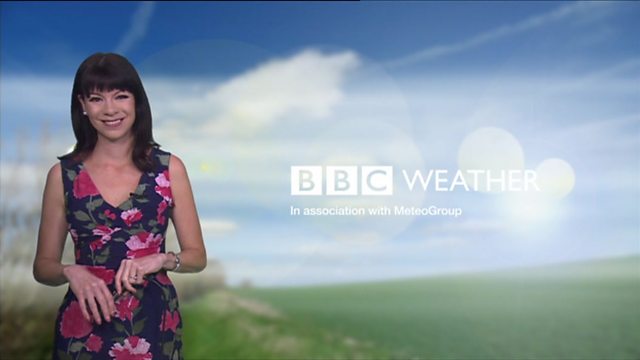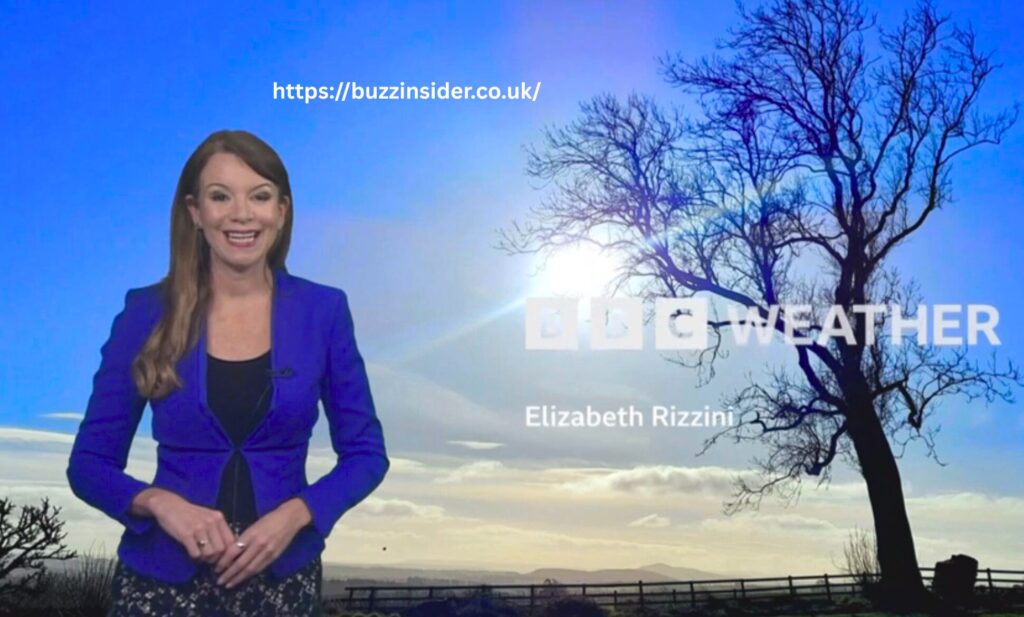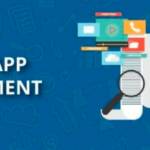In the world of British broadcasting, Elizabeth Rizzini stands out as one of the most admired weather presenters for the BBC. Known for her professionalism, clarity, and warmth on screen, she has become a familiar face to millions of viewers. Beyond her career achievements, Elizabeth Rizzini’s name has also become associated with meaningful conversations around disability awareness, inclusivity, and representation in media.
While Rizzini herself is not widely reported as having a disability, she has often used her platform to support awareness campaigns, discuss accessibility issues, and bring attention to how broadcasters can make television more inclusive. This article explores her journey, her advocacy, and the broader discussion of how public figures like her influence perceptions about disability in society.
Who Is Elizabeth Rizzini?
Elizabeth Rizzini is a BBC weather presenter, primarily known for her appearances on BBC London News and the BBC’s regional and national broadcasts. Before her broadcasting career, she worked in the BBC’s travel news department, eventually transitioning into meteorology after developing an interest in science and public communication.
Her educational background and passion for weather forecasting made her one of the leading voices in UK meteorology. Over time, her warm personality and accessible style of presenting have helped her connect with a broad audience, becoming a trusted figure in British television.
However, what makes Rizzini especially notable is her empathy-driven approach using her influence to support causes related to mental health, accessibility, and equality.
Elizabeth Rizzini Disability Awareness
Although Elizabeth Rizzini herself has not publicly identified as having a Elizabeth Rizzini Disability, her advocacy for inclusivity and awareness of people living with disabilities has made a significant impact. As part of the BBC, she has supported initiatives that highlight the importance of representation of disabled individuals in media roles both on-screen and behind the scenes.
- 1. Promoting Inclusive Broadcasting
BBC has long been at the forefront of campaigns for inclusion, and Rizzini has supported efforts to make weather forecasting and news presentation more accessible. This includes clear communication, accessible graphics, and ensuring that weather updates are easy to understand for audiences with visual or auditory impairments.
Weather broadcasts are a crucial public service, especially during emergencies. By promoting plain-language communication and clear visual design, Rizzini and her colleagues contribute to ensuring that information is accessible to everyone, regardless of ability.
- 2. Advocating for Better Representation
Representation in media matters. Public figures like Rizzini understand that television can shape how society views people with disabilities. Having inclusive and diverse presenters whether disabled or not helps normalize difference and reduce stigma.
Elizabeth Rizzini has voiced support for diversity hiring initiatives within the BBC, encouraging a wider range of talent to participate in broadcasting careers. By doing so, she supports a positive shift in how disability and diversity are portrayed on television.
- 3. Empathy and Personal Connection
Rizzini’s openness and compassion resonate with many viewers. Throughout her career, she has shown a strong emotional intelligence something crucial when addressing topics like disability and mental health. Her work in public communication demonstrates that empathy, understanding, and respect are at the heart of true inclusivity.
The Importance of Disability Representation in the Media
To fully understand why Elizabeth Rizzini’s advocacy matters, it’s important to consider the larger context of disability representation in broadcasting.
Changing Perceptions
For many decades, people with disabilities were underrepresented or misrepresented in the media. They were often portrayed through stereotypes or excluded altogether. In recent years, however, broadcasters like the BBC have made a conscious effort to showcase more diverse voices from presenters to journalists, actors, and producers.
Rizzini’s support for these efforts contributes to breaking down barriers and encouraging society to see ability in all its forms.
Accessibility as a Core Principle
Disability inclusion isn’t just about hiring more people with disabilities; it’s also about ensuring accessibility in content delivery. This means having subtitles, sign language interpreters, audio descriptions, and easy-to-read graphics during broadcasts.
Weather updates, in particular, play a life-saving role. Making sure everyone including those with visual or hearing impairments can understand weather warnings is a matter of public safety. Presenters like Rizzini embody this responsibility through clear, calm, and inclusive communication.
Inspiring Future Generations
When audiences see inclusive and empathetic presenters like Rizzini, it inspires confidence in younger generations who may face barriers. Representation helps people believe that they, too, can belong in public-facing professions like broadcasting, regardless of disability.
Elizabeth Rizzini’s Broader Advocacy and Influence
Beyond her professional role, Elizabeth Rizzini’s broader media presence also influences conversations about well-being, equality, and resilience.
- 1. Promoting Mental Health Awareness
Rizzini has participated in discussions about mental health and emotional resilience, particularly during the challenging times of the COVID-19 pandemic. Her empathetic communication style and authenticity helped reassure audiences during uncertainty showing that mental health awareness is also a vital part of overall inclusivity.
- 2. Supporting Science Communication
Rizzini is passionate about science literacy. She frequently engages in outreach related to climate education and environmental awareness, ensuring that scientific information is presented in an accessible and inclusive way.
Her work connects science, accessibility, and public understanding demonstrating that education and inclusion go hand in hand.
- 3. Role Model for Women in Media
In addition to her inclusive approach, Rizzini is also an important role model for women in broadcasting. The media industry has often been criticized for gender imbalance, and her success as a respected professional challenges stereotypes about who can excel in science-based media roles.
Disability Awareness A Broader Perspective
To fully appreciate Rizzini’s contribution, it helps to reflect on the broader goals of disability awareness:
- Equality: Ensuring equal opportunities in employment, education, and public life.
- Accessibility: Designing systems, spaces, and media that everyone can use.
- Representation: Including people with disabilities in all aspects of storytelling.
- Empathy: Fostering understanding instead of pity or fear.
- Empowerment: Supporting individuals to express their capabilities and achievements.
Elizabeth Rizzini’s public persona embodies these principles through her professionalism and compassion. Even though she is not personally known to have a disability, her commitment to inclusive communication reflects the values that disability awareness seeks to promote.
The Role of Media Figures in Driving Change
Television presenters like Elizabeth Rizzini are not just information deliverers they are influencers of public perception. Every time she steps on screen, she represents clarity, empathy, and inclusivity. This visibility helps normalize the idea that everyone deserves equal access to information, representation, and opportunity.
By participating in BBC’s inclusivity initiatives, Elizabeth Rizzini shows how individuals within large media organizations can push for cultural change from within.
Her example demonstrates that disability inclusion is everyone’s responsibility, not just the responsibility of those who live with disabilities.

Lessons from Elizabeth Rizzini’s Approach
- Communication should be clear and compassionate.
Accessibility starts with how we communicate. Rizzini’s presentation style emphasizes simplicity and understanding, ensuring no viewer feels excluded. - Inclusion requires continuous effort.
Disability awareness isn’t a one-time project; it’s a continuous practice of learning, adapting, and improving accessibility. - Representation builds trust.
When people see inclusive and empathetic figures on TV, it strengthens trust in public institutions and encourages social unity. - Media can be a force for social good.
Presenters like Rizzini remind us that media can educate and empower not just entertain.
Conclusion
Elizabeth Rizzini’s career at the BBC is more than just a story about weather forecasting it’s about leadership, empathy, and advocacy for inclusion. Her work contributes to a media landscape where accessibility and diversity are not afterthoughts but essentials.
Through her professionalism and compassion, she exemplifies what it means to use a public platform responsibly. Her influence extends beyond meteorology into social awareness, disability representation, and equality in media.
In a world where visibility defines opportunity, Elizabeth Rizzini stands as a reminder that true inclusivity means seeing, hearing, and understanding everyone regardless of ability. Her legacy continues to inspire both her colleagues in broadcasting and the many viewers who see in her a model of respect, intelligence, and humanity.



